Captain America: Civil War vs Batman v Superman: Did Marvel or DC do the superhero battle better?
Which one was the greatest gladiator match in the history of the world?
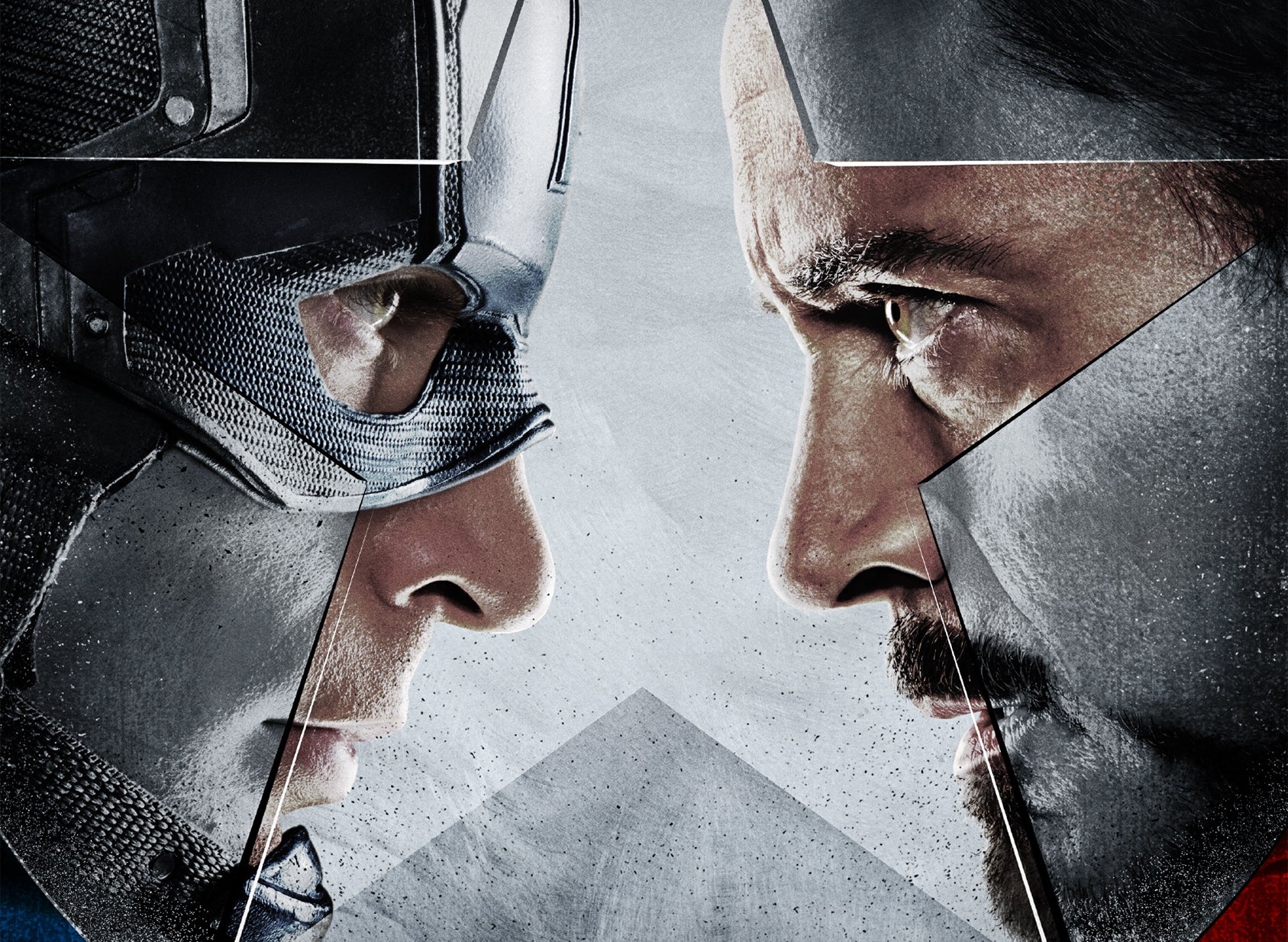
Within the space of just two months, two films pitching iconic superheroes against each other have hit cinemas: Batman v Superman and Captain America: Civil War.
From the title, the plot of DC’s brawler seems relatively simple; the Dark Knight will fight The Man of Steel. Marvel’s film, meanwhile, is a little more complicated in comparison; a civil war between a dozen superheroes, each one with mixed feelings on where they stand. Funnily enough, both are very similar in many aspects.
So, who did it better? Without making this a Marvel vs DC piece, let’s dissect who did the superhero brawler better, Marvel or DC? **Warning: Major spoilers for both films below. You have been warned**
Motivation for fighting
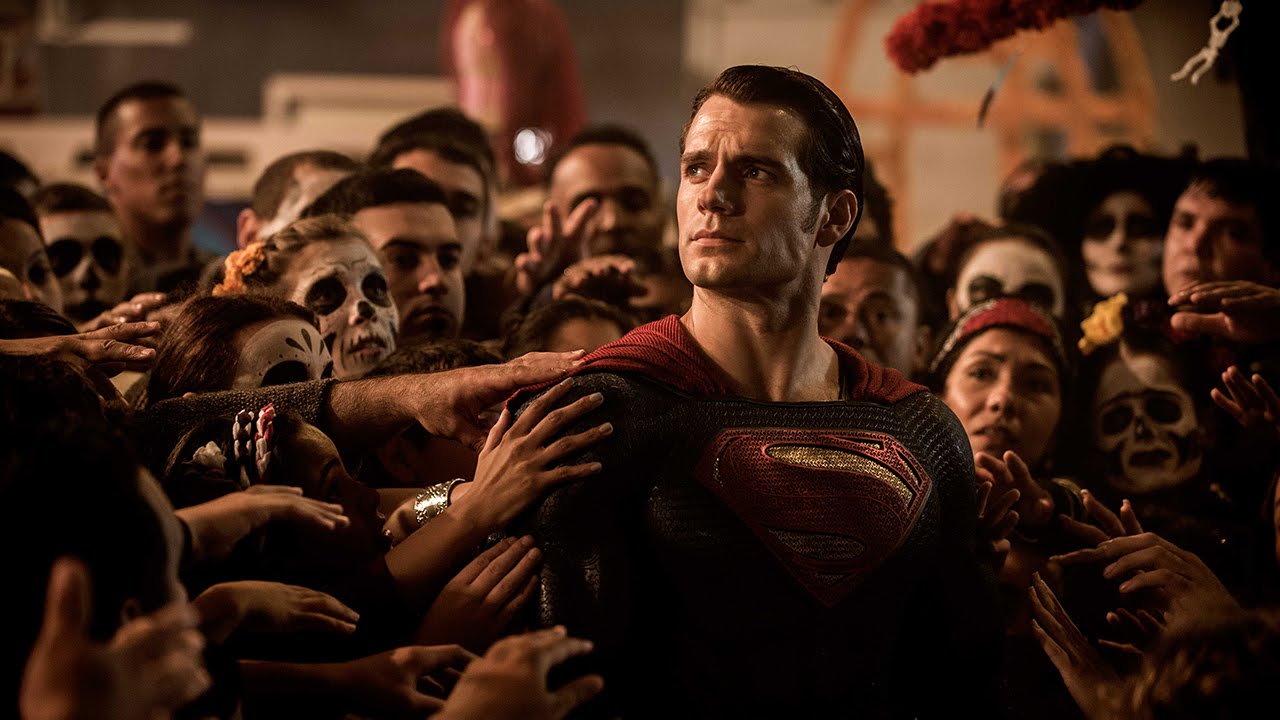
Let’s quickly look at why our heroes are fighting. In Batman v Superman, it was Bruce Wayne’s fear that Superman was too powerful, able to flatten cities with his laser eyes. The collateral damage from Man of Steel had almost wiped out Metropolis; it’s not hard to see how Superman is a risk to earth.
Meanwhile, Superman’s reasoning for fighting Batman is because his mother’s life is in danger thanks to Lex Luthor. Clark Kent briefly attempts to explain the situation to Wayne, but gives up quickly, resorting to heavy punches. Frankly, Superman’s reason for fighting Batman isn’t really that compelling, especially when you consider how - if Batman could save her - why couldn't Superman?
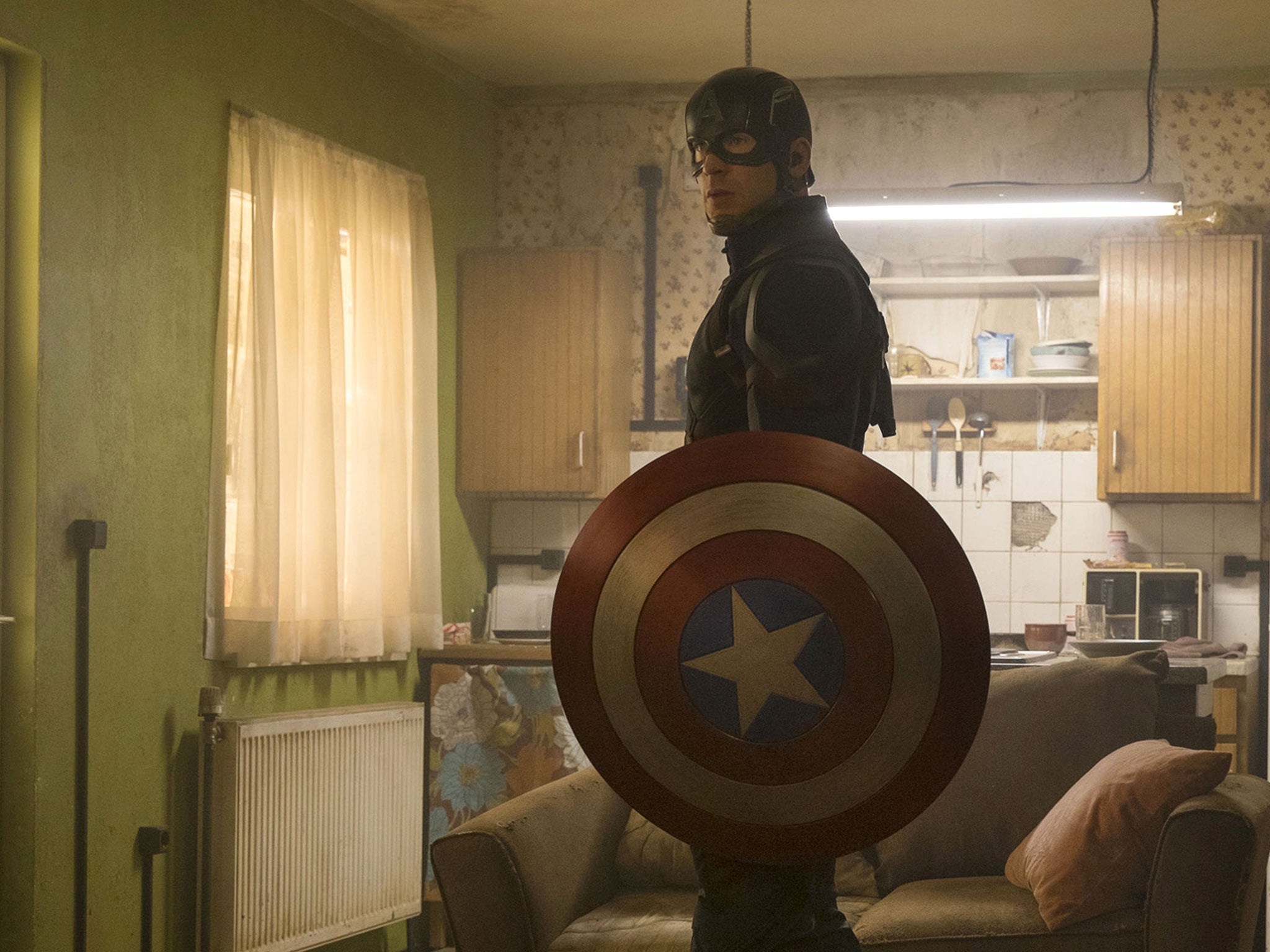
Collateral damage is front and centre in Civil War as well, with Iron Man and Steve Rodgers fighting over wanting to be governed and not wanting to be governed. While it made sense in many respects, seeing Captain America avidly follow his own rules, the superhero comes across as rather obnoxious. With his history at Shield (secretly Hydra), it makes more sense, but personally #TeamIronMan was for me. (But that was the Russo brothers strategy: divide the audience, create discussion.)
Who did it better? With Superman’s motivation for wanting to kill Batman a little sloppy, this round goes to Civil War.
Why did it work better? Because we were invested more in the characters motivations. We’ve seen Iron Man without a governing body (leading to the creation of Ultron) and we’ve seen Captain America struggle with authority. With BvS, we don’t have that level of investment or understanding.
The manipulative villain in the background
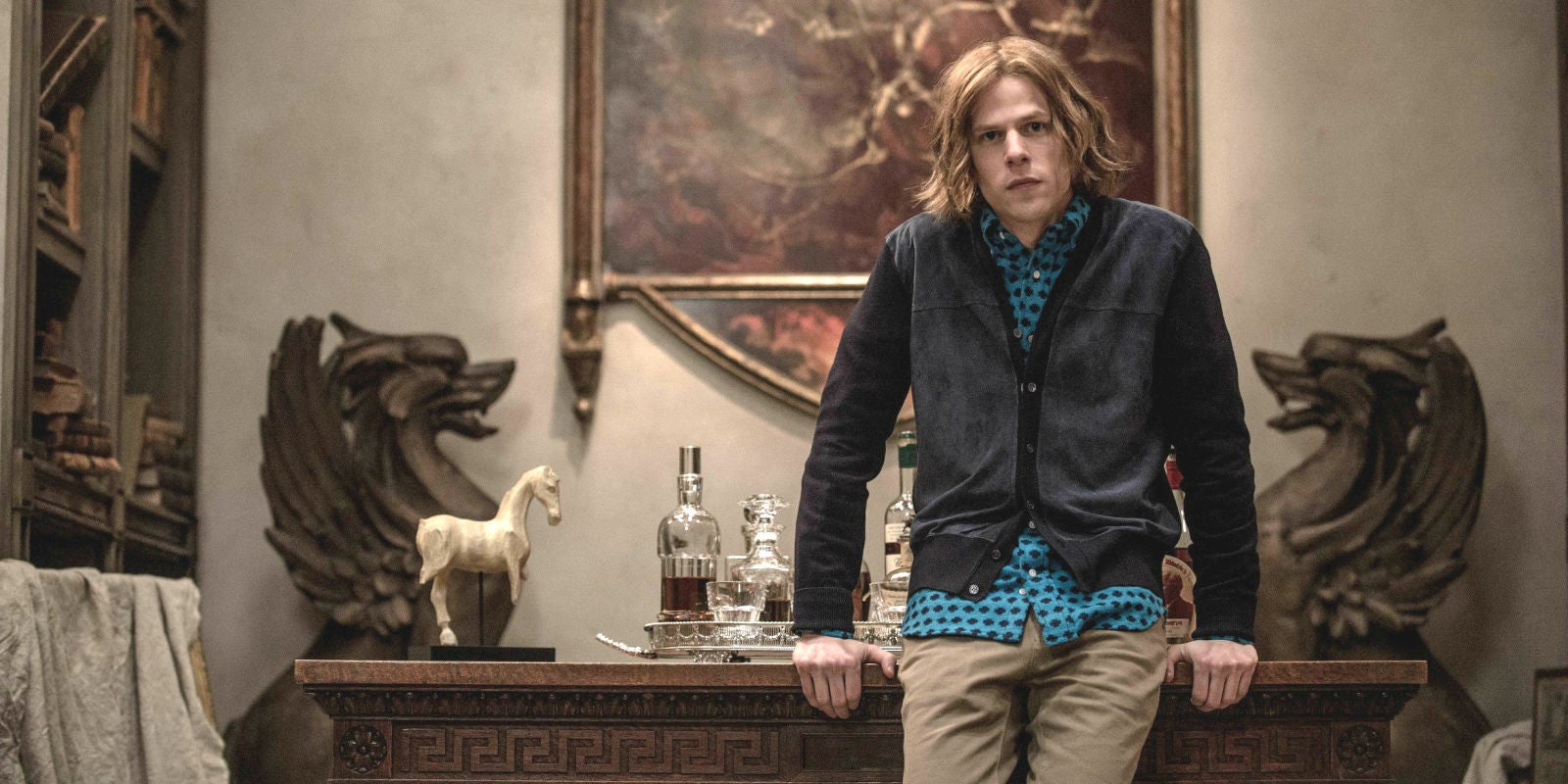
Although both films are pegged on the main superheroes battling it out, both featured a villain ‘pulling strings’ in the background. In BVS, it was Lex Luthor setting up “the greatest gladiator match in the history of the world”, manipulating Superman by capturing his mother and showing Batman the power of Kryptonite so he could defeat the alien.

Watch Apple TV+ free for 7 days
New subscribers only. £8.99/mo. after free trial. Plan auto-renews until cancelled

Watch Apple TV+ free for 7 days
New subscribers only. £8.99/mo. after free trial. Plan auto-renews until cancelled
Civil War features a very similar person: Baron Zemo. Daniel Brühl’s character sets the Winter Soldier up as Black Panther’s father’s murderer, leading to a feud between the two. He also attempts to brainwash Bucky using Hydra’s old manual and makes Iron Man lose his cool, playing a video of the brainwashed Bucky killing Stark’s mother.
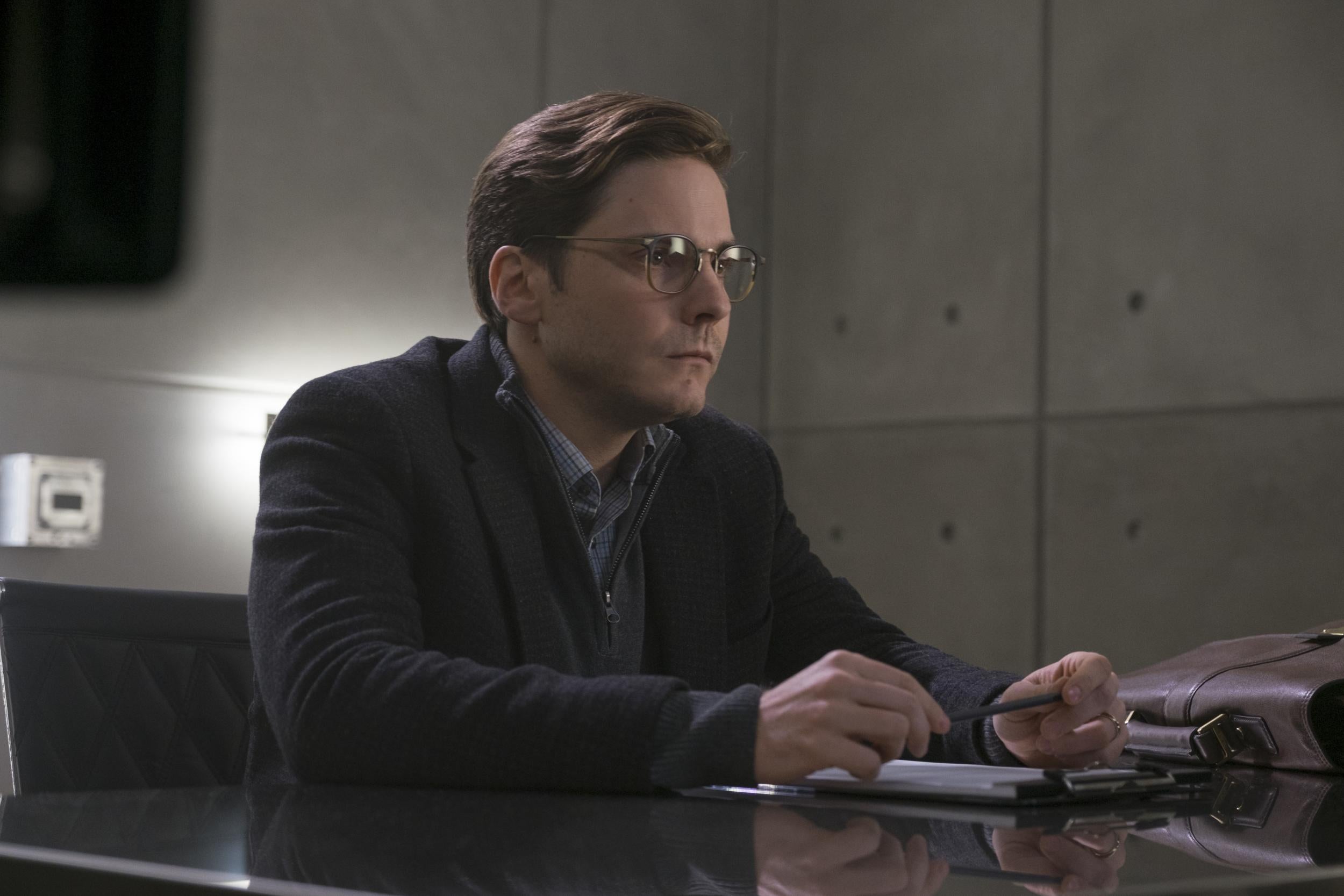
Unlike Luthor, Zemo was perhaps less necessary to the plot, he just exacerbated the situation, making his plan both more believable and less complicated. Luthor’s intentions were at times clouded, yet his presence was necessary for the plot. It should also be mentioned that Jesse Eisenberg’s performance was far outclassed by Brühl's, the Social Network actor's Luthor often coming across as an annoying Silicon Valley investor rather than a serious villain.
Who did it better? Again, although Luthor was necessary, Zemo's reasoning was far less complicated and more relatable.
Why did it work better? Mainly because Zemo's plan was clear, his motivations obvious (towards the end) and Brühl was generally great as the character. Although underused, his presence in future films will be very welcome.
Let’s be friends
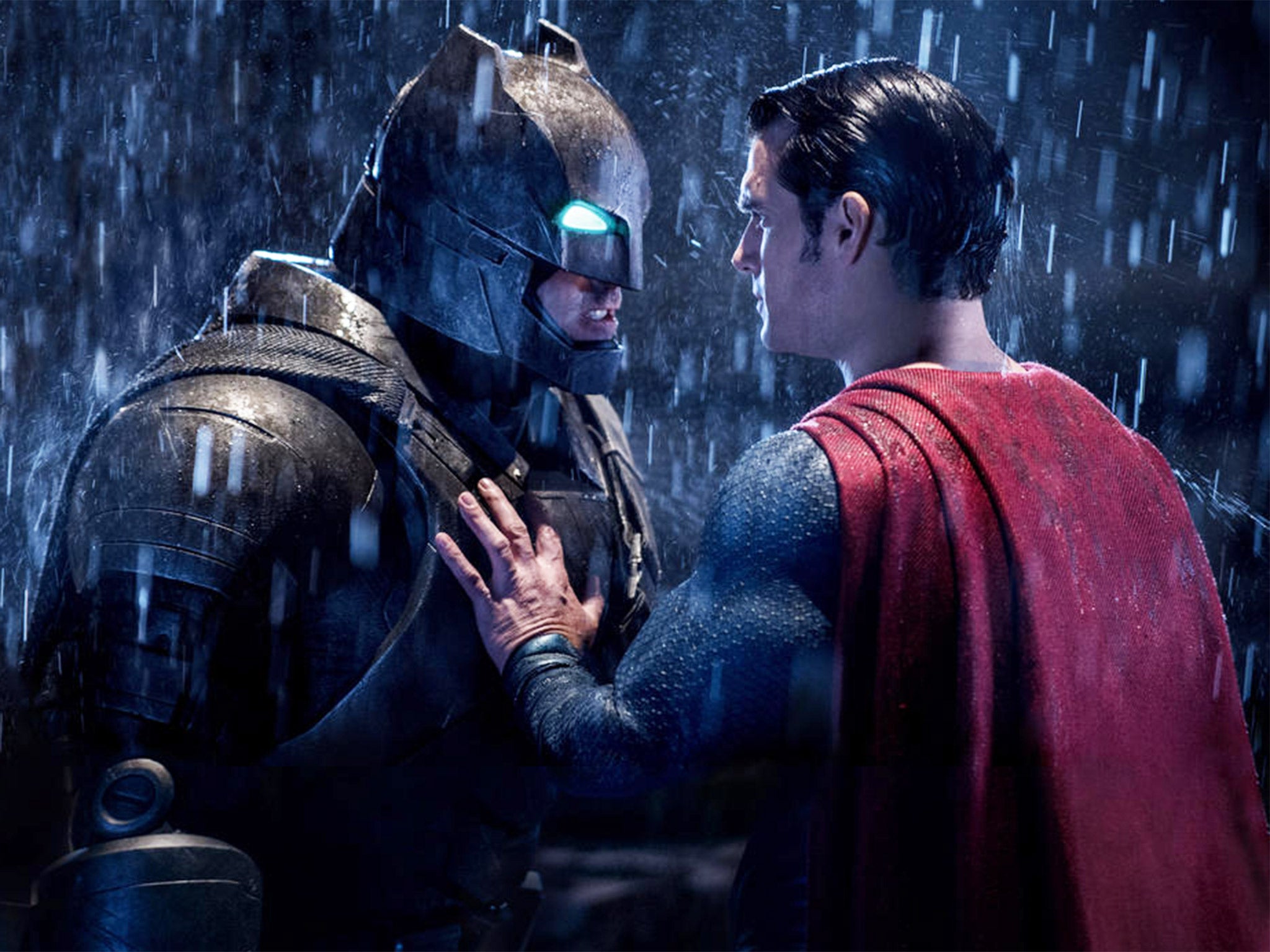
Another similar aspect was that later on in both films our heroes team up to fight evil. In BvS, this comes when Superman reveals his mother is called Martha. Batman then goes after Mrs Kent, saving her life and saying “I’m a friend of your son”. Just like that, they’re best mates. (A quick note: at this point I was laughing my head off because it really reminded my of this part in Step Brothers.)
In Civil War, Iron Man pieces together the puzzle left behind by Zemo and realises Captain America may have been onto something - that the Winter Soldier wasn’t responsible for the king of Wakanda’s death. Stark manages to catch up with Rogers and Bucky - who are on the way to confront Zemo in Siberia - and the three make up momentarily.
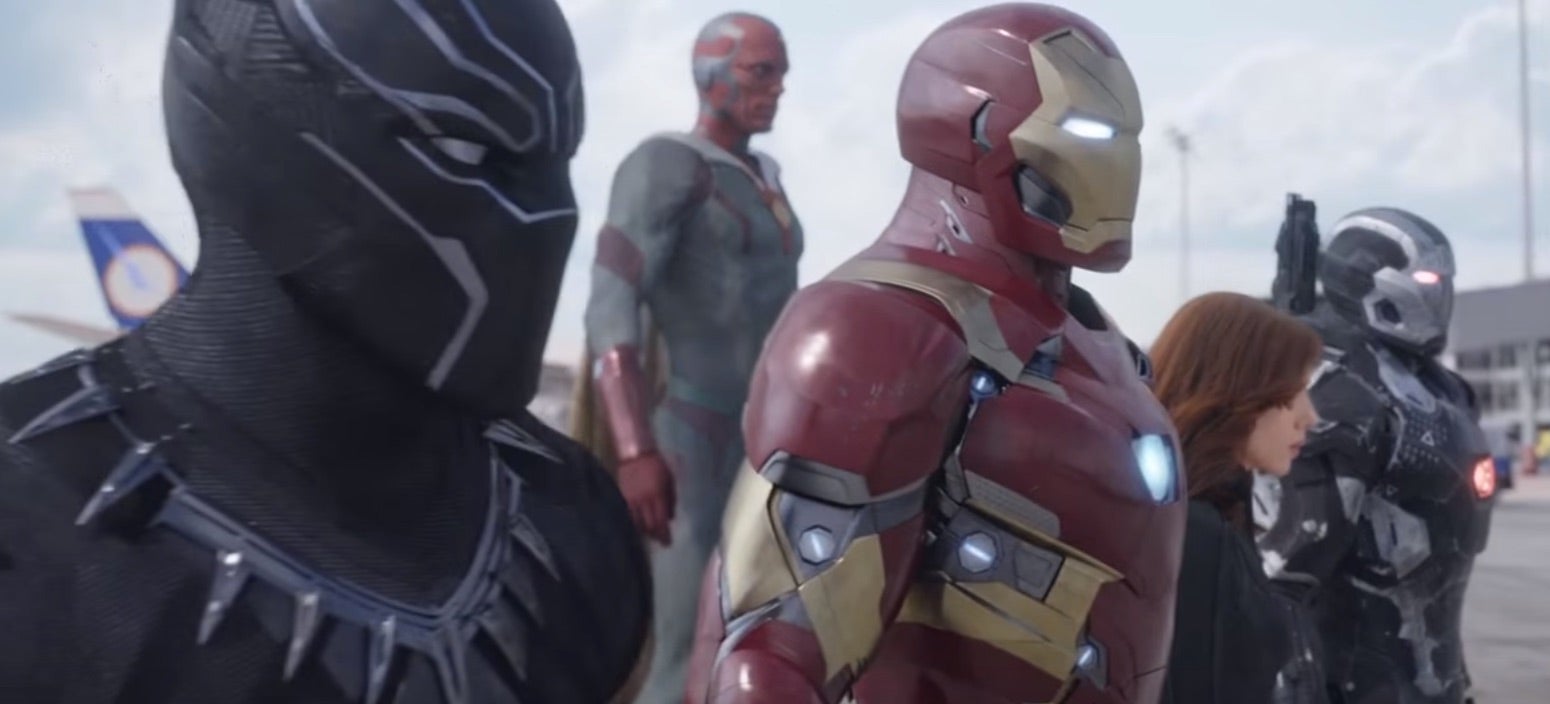
However, things go south when Zemo plays a tape showing The Winter Soldier killing Stark’s parents, leading to a climatic fight where we all thought one of them would die. Things are left with their friendship kind of intact, kind of not. While it is plausible they could reconcile for Infinity War, there’s still no guarantee they could work together again.
So, one pair’s friendship blossomed because their mothers’ had the same name, the other’s fell apart because Iron Man's mother was strangled by Cap's best friend.
Who did it better? By quite some way, Civil War.
Why did it work better? Are we really going to hinge a film's turning point on two people finding out their mothers have the same name?
Introducing new characters
.png)
One of the best parts of Zack Snyder’s film is the new characters: Ben Affleck was great as Batman, while Wonder Woman managed to steal the show in her brief cameo. Both appearances were exciting ways to introduce the characters into the new universe. However, brief cameos from the like of The Flash, Cyborg and Aquaman seemed rushed and unnecessary.
Meanwhile, Civil War introduced a new Spider-Man, Black Panther, Baron Zemo and Martin Freeman’s cameo character. While the latter two weren’t fleshed out entirely, we got a good grasp of who Spider-Man and Black Panther are, enough to get us interested in their solo films. Tom Holland’s Peter Parker might steal the headlines, but it is Black Panther who is the real interest here.
Who did it better? Quite even really. Excited to see both Wonder Woman and Black Panther again in their solo films, the same with Spider-Man and Batman.
The big battle
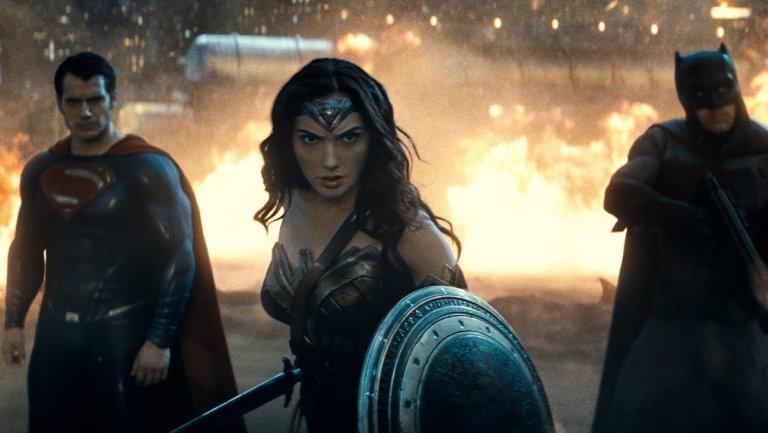
BvS’s final face-off between our two heroes was quite something to behold. While you would expect Superman to wipe the floor with the un-superpowered Batman, the Dark Knight held his own, using kryptonite to his advantage and almost ending his life (thankfully, their mums have the same name). When Doomsday entered, things got even bigger, with Superman taking the Hulk-like being into the outer limits of out atmosphere to be hit by a nuclear bomb. Both managed to survive, finishing in an epic battle that featured Batman, Superman and - most importantly - Wonder Woman. Quite the gladiator match, even if it was ridiculous at times.
As great as BvS’s fight was, however, it will never match what many have heralded as the best on-screen superhero fight ever. Civil War’s mid-movie battle was - without doubt - one of the best sequences in Marvel history. From seeing Spider-Man poke fun at The Winter Soldier, to Ant-Man mounting Hawkeye’s arrow and dismantling Iron Man’s suit from the inside, the 20-minute blowout extravaganza was stunning. Without destroying buildings and killing hundreds of innocents, the battle felt fresh and fun, something Age of Ultron was lacking.
Who did it better? Without a doubt, Civil War.
Why did it work better? The Russo brothers nailed bringing these characters together for the big fight, making it tense and personable. Unfortunately for Snyder, there wasn’t the same emotional punch.
The female characters
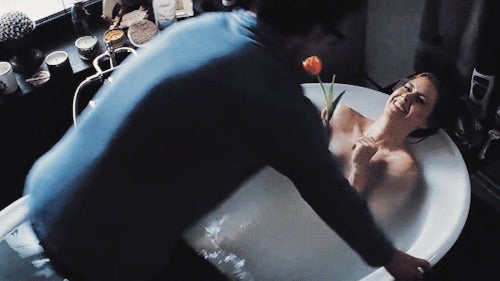
A quick note on the female characters in these films. One of the things many people have noticed is a lack of female superheroes at the cinema. The first female solo outing will be Wonder Woman next year, the Amazonian having debuted in BvS. Her role was more a cameo role than leading woman, but Gal Gadot’s performance stole the show whenever she was seen.
The other major female character in the film was Lois Lane, played by Amy Adams. Unfortunately, she is the damsel in distress throughout the film, constantly being saved by Superman but reassuring the audience she’s “not a lady, I’m a journalist”. It does nothing to divert the fact her role in the film has been whittled down to being Superman’s love interest.
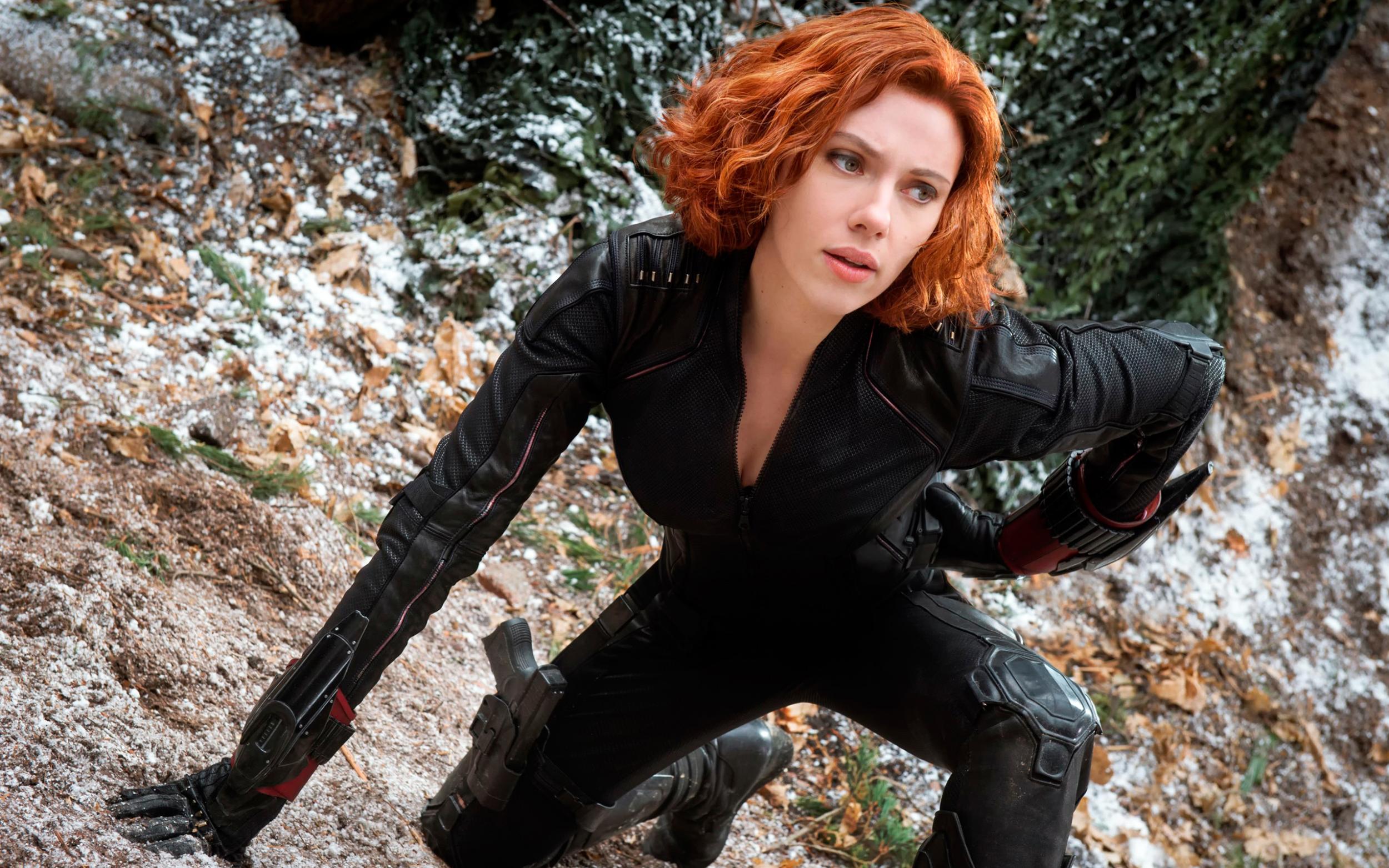
Meanwhile, in Civil War, we have the likes of Scarlett Witch, Black Widow and Agent 13. While the latter plays very little role in the film, both Witch and Widow make reasonably substantial appearances. Unfortunately, as the movie boils down to its fight between Iron Man, Captain America and The Winter Soldier (with Black Panther and Baron Zemo on the sidelines), it becomes apparent that there really is a lack of female superheroes in major roles in the Marvel Universe.
Who did it better? Again, difficult to decide between the two. Although Wonder Woman is a great step forward, DC’s film is let down by sidelining Lois Lane. On the other hand, while Marvel has two fantastic female superheroes, not including either in the finale is noticeable (it also begs the question, why hasn’t there been a Black Widow film yet?).
Conclusion
Even if you disagree with many of the above points, you’ll be hard pushed not to enjoy Civil War more than Batman v Superman. The plot is tighter, the motivations easier to follow, and the climactic mid-way fight is fresh. Let’s hope DC can regain some momentum with the brilliant looking Suicide Squad and Marvel don’t get cocky and mess up their cinematic universe.
Join our commenting forum
Join thought-provoking conversations, follow other Independent readers and see their replies
Comments